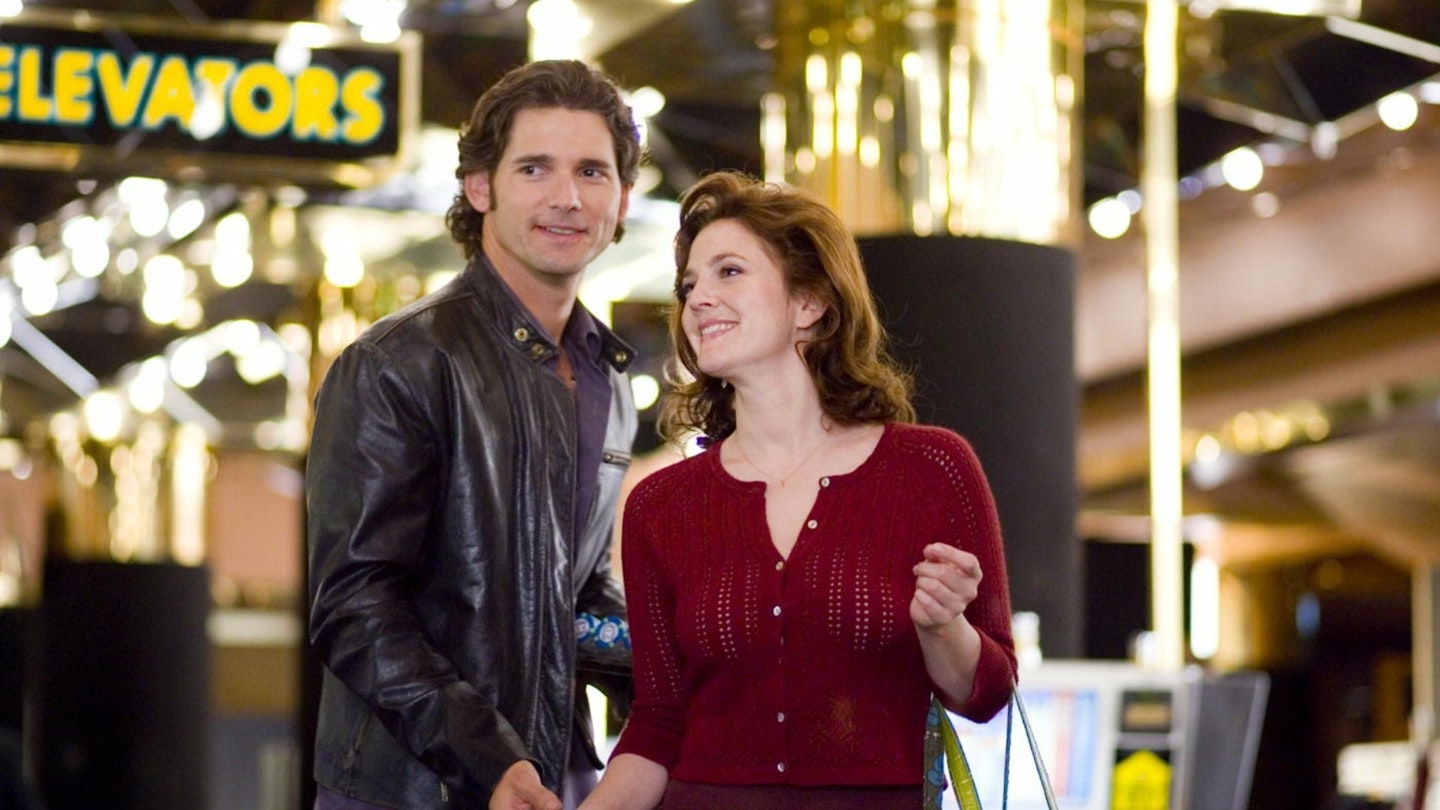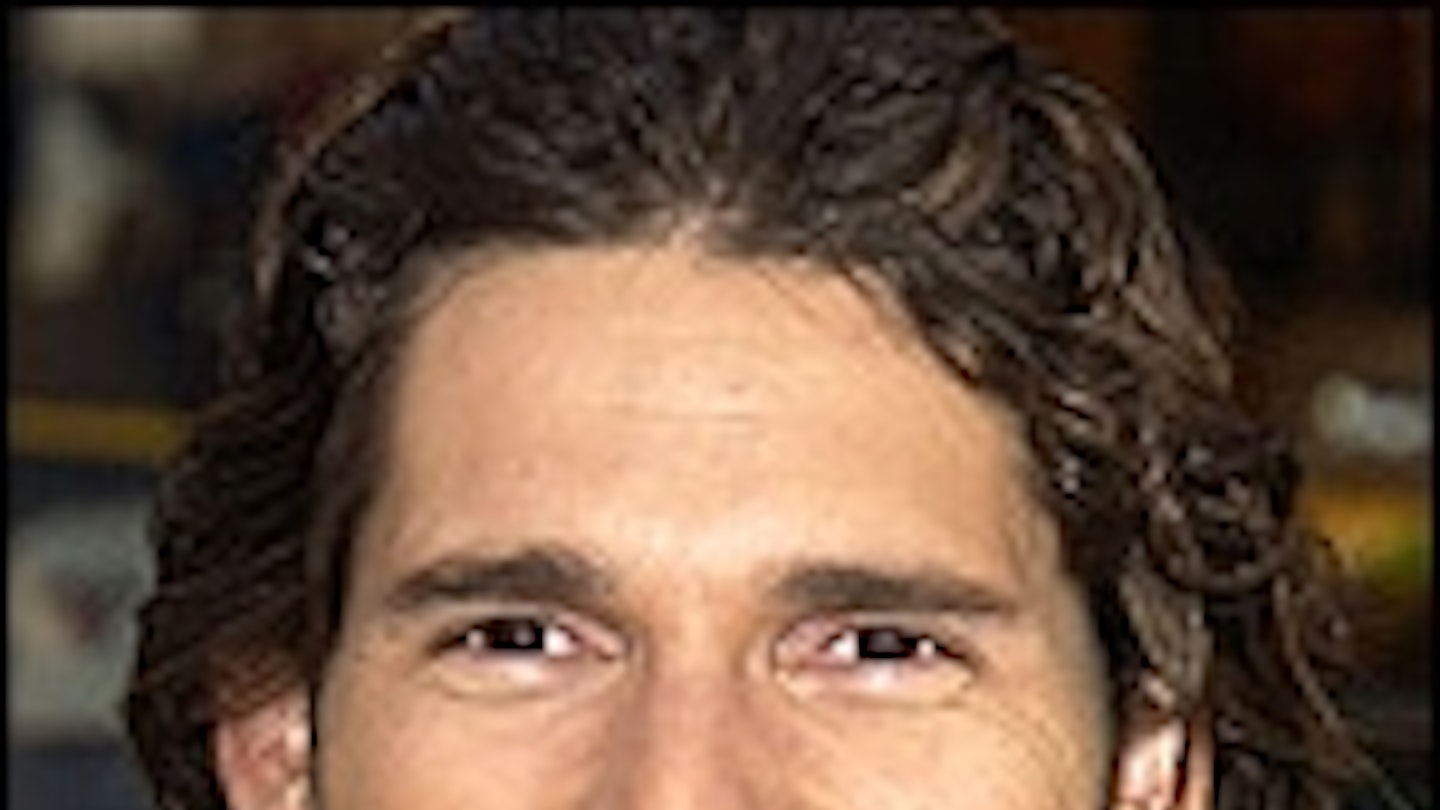Having successfully mined the action-adventure, psycho thriller, film noir, ‘rap movie’ and chick flick, prize directorial flibbertigibbet Curtis Hanson sets out again to confound categorisation. And he’s hit upon a rare topic indeed this time — the contemporary gambling relationship drama with a soupçon of comedy. Versatility is obviously the key to the man; that or ADD.
In truth, Hanson’s latest stop on his quest to be the modern-day Howard Hawks (a classic in every genre) has placed him satisfactorily somewhere between Robert Altman’s school of warty naturalism and Ron Shelton’s sport-as-life dramedies, with a dry, comfortably acted character-piece set amid the crummy world of pro-gambling.
Seldom has Vegas been so honestly captured, all the dead light of those gambling floors starved of sunshine and pumped with the spirit-sucking perma-freeze of oxygenated air-conditioning. This is Vegas the capital of superficiality, with its suburban wings of deadbeat housing estates, rather than the bright-light city of Elvis’ dreams.
Hanson paints a world of just-getting-by schemers rather than super-cool card-sharks. Eric Bana, himself a paragon of versatility, does a decent washed-up. Huck is a man so down-on-his-luck he’s willing to pawn his dead mother’s ring to raise the ante for a game.
The story is intrigued by two relationships that will bounce off his feckless frame of mind. First comes Drew Barrymore’s Billie, a wannabe lounge singer fresh in from Hicksville. It’s a role Barrymore can’t pin down: both she and the film are too mature for her apple-pie romantic routine (usually reserved for those Adam Sandler shriekathons), yet there is nothing more to discover about her. We are supposed to believe she could heal Huck of his slovenly ways, but she ends up a sideshow.
Better is Huck’s prang with his swine of a father, poker champ L. C. He’s a cliché on paper, the big man who won’t grow old, but Robert Duvall gives the scheming grouch just that hint of a wounded heart. This subtle-bordering-on-ephemeral need to re-bond with his son is constantly on a collision course with his instinctual urge to better him at the table. Like father, like son, both butt heads rather than sort out their issues. Real people are such suckers, rings Hanson’s sad reflection. Few others get more than a casual glance, although Debra Messing does a lovely if slight turn as Huck’s ex.
What is admirable is Hanson’s dedication to avoiding obvious emotional fixes. The film refuses to stick to its romantic arc, and swerves all the sports-movie crescendos that the fateful deals of poker might present. Hanson also avoids those fiddly ‘explanations’ to fizz up the card-play (which took Casino Royale to a laughably bluffer’s-guide level).
The film wears its drama so lightly you fear it might drift off to sleep. At least similar Vegas-undressed movies like The Cooler have their smear of organised crime to pep up things up. Stars apart, Lucky You could prove a tough sell to audiences all gee-ed up on the summer thrill-rides, but they would miss a warm-hearted and lasting depiction of life behind a poker face.

